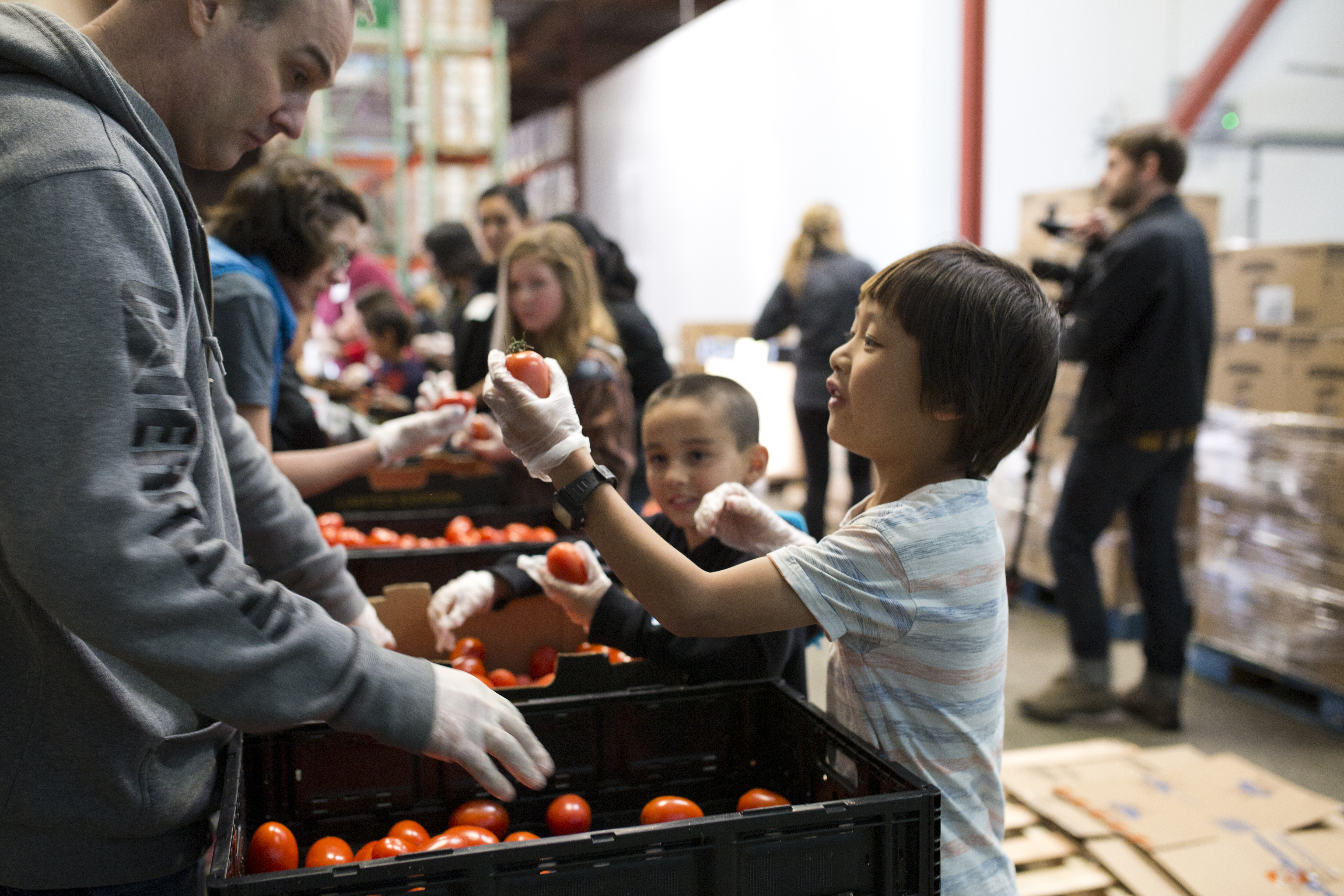Keeping my New Year’s resolution, a post by CEO, John Sayles
January 3, 2018 – Happy New Year! I wrote last year about gratitude: from the Latin “gratus”, meaning pleasing or thankful and “tudo” meaning a state of. Sometimes you have to dig deep to find a word’s meaning. Not here. This year I am again so very grateful for all you have done to support our community, making it more resilient and ensuring that our neighbors exposed to the trauma of lack of food, safe and affordable housing, medical care, and financial security can maintain hope and dignity.
My resolution this year is to move us closer to solving hunger in Vermont and across our country.
A recent New York Times article by Professor David DeSteno of Northeastern University sparked my interest with its discussion about what motivates people to keep resolutions. The article is about keeping New Year’s resolutions. But its analysis applies just as directly to any kind of motivation, be it a commitment to giving back to your community or the actions taken by people struggling with low incomes as they work to move up the economic ladder. Professor DeSteno argues that using willpower and self-control to delay gratification are not the best long-term strategies to change our behavior and achieve success. In the long run, focusing on willpower and self-denial to achieve success wears us down both physically and emotionally. On the other hand, finding motivation in social emotions like gratitude, compassion, and authentic pride can build community bonds, making us feel good about ourselves and about delaying gratification. These emotions “work not by squashing our desires for pleasure in the moment but by increasing how much we value the future.”
Hunger is solved when people with low incomes can go to the store and choose the foods they need and want the same way those with higher incomes can. Experience and research show us that telling people with low incomes that they just need to work harder and exhibit more willpower and self-control doesn’t work. Creating an environment where people develop community bonds and make sacrifices to help each other does. Nonprofit and government systems need to change so that strong social, emotional connections can lead to successes for all. The Vermont Foodbank is working toward this goal. It will take a long time, but success won’t be the result of willpower and self-control – it will come from cultivating gratitude, compassion, and an authentic sense of pride.
My takeaway is that donations to the Vermont Foodbank build feelings of gratitude, compassion and authentic pride that help our donors be successful in other aspects of their lives, and those donations fund efforts that help our neighbors with low incomes to cultivate the same fulfilling social emotions. As we all work to create these foundations for strong communities, we grow closer together. I’ll let Professor DeSteno close us out:
“So as 2018 commences, take more time to cultivate theses emotions. Reflect on what you’re grateful to have been given. Allow your mind to step into the shoes of those in need and feel for them. Take pride in the small achievements on the path to your goals. Doing so will help ensure that every future New Year’s Eve will have more to celebrate than to regret.” – Professor David DeSteno

